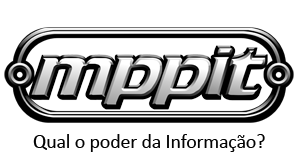Sem categoria
A DM agreement, also known as a Digital Millennium Copyright Act (DMCA) agreement, is a legal agreement used to address copyright infringement on the internet. It is named after the 1998 DMCA law, which established a framework for addressing copyright infringement online.
The DMCA agreement is used by website owners and internet service providers (ISPs) to protect their websites from copyright infringement liability. This agreement is important for website owners and ISPs, as it provides them with a safe harbor from copyright infringement lawsuits.
The DMCA agreement is made up of several parts, including a notice and takedown procedure, a repeat infringer policy, and an agent designation. The notice and takedown procedure requires website owners and ISPs to promptly remove infringing content from their websites upon receiving a notice of infringement from a copyright owner.
If a website owner or ISP fails to comply with the notice and takedown procedure, they can be held liable for copyright infringement. The repeat infringer policy requires website owners and ISPs to terminate the accounts of repeat infringers, and the agent designation allows website owners and ISPs to designate a DMCA agent to receive notices of infringement on their behalf.
The DMCA agreement is an important tool for website owners and ISPs to protect their websites from copyright infringement liability. It provides a clear legal framework for addressing copyright infringement online and helps to ensure that websites are not used to distribute copyrighted content without permission.
In conclusion, a DM agreement is a legal agreement used to address copyright infringement on the internet. It is important for website owners and ISPs to have a DMCA agreement in place to protect themselves from copyright infringement liability and to ensure that their websites are not used to distribute copyrighted content without permission.
